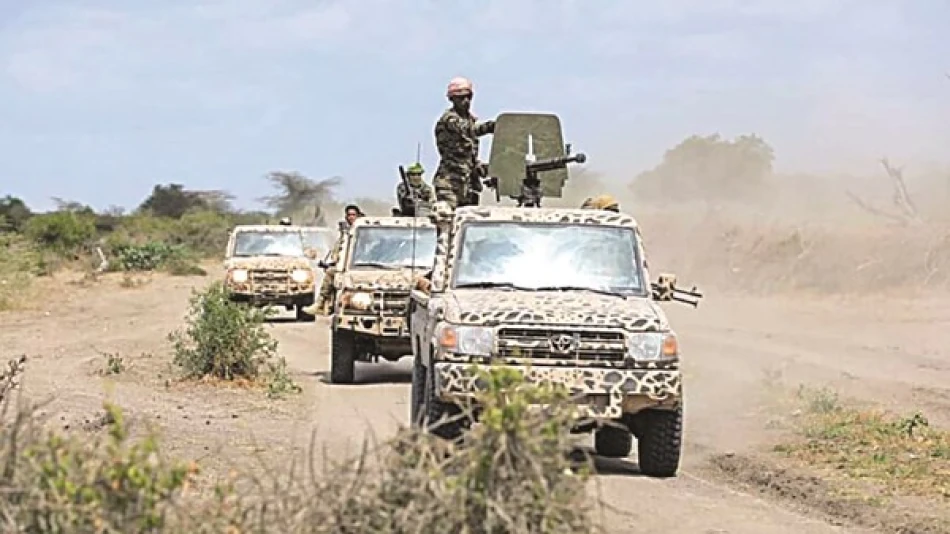
الجيش الصومالي يحرز تقدماً ميدانياً في شبيلي السفلى
Somalia's Military Gains Ground Against Al-Shabaab in Strategic Southern Province
Somali government forces have seized control of four key areas in Lower Shabelle province from Al-Shabaab militants, marking another significant advance in the country's intensifying campaign against the Al-Qaeda-affiliated group. The operation underscores Somalia's renewed military momentum as it seeks to reclaim territory that has served as a launching pad for attacks across the Horn of Africa.
Commandos Secure Strategic Territories
Special commando units of the Somali National Army captured the areas of Malanka, Balad al-Amin, Omar Beri, and Balo on Wednesday morning, according to the Somali National News Agency. These locations had previously served as strongholds for Al-Shabaab fighters, who used them to control key supply routes and launch operations against government forces and civilians.
Following the territorial gains, military engineers began the dangerous work of clearing landmines planted by the retreating militants—a signature tactic the group uses to deny territory to advancing forces and terrorize returning civilians. The demining operations are crucial for establishing lasting security and enabling displaced populations to return to their homes.
Lower Shabelle: A Critical Battleground
The recent victories in Lower Shabelle province reflect the strategic importance of this region in Somalia's broader counterterrorism campaign. Located south of the capital Mogadishu, the province controls vital agricultural land and transportation corridors that Al-Shabaab has long exploited for funding and logistics.
Lower Shabelle has witnessed intensified military operations in recent months as part of a coordinated government offensive launched in 2022. This campaign represents the most sustained push against Al-Shabaab in years, combining federal troops, regional forces, and local militias backed by African Union peacekeepers.
Testing Somalia's Long-Term Security Strategy
While tactical victories like Wednesday's operation demonstrate improved military coordination, they also highlight the ongoing challenges facing Somalia's security forces. Al-Shabaab's use of improvised explosive devices and landmines creates lasting hazards that complicate efforts to establish permanent government control.
The group's strategy of retreating and regrouping has proven effective in the past, allowing militants to return to areas once cleared by government forces. Somalia's ability to maintain security in newly liberated territories will determine whether these recent gains translate into lasting territorial control or temporary tactical victories.
Regional Implications and International Support
Somalia's military progress comes as the African Union prepares to transition its peacekeeping mission to a new mandate focused on supporting Somali-led operations. The success of campaigns like the Lower Shabelle offensive will influence international confidence in Somalia's capacity to eventually assume full responsibility for its security.
Al-Shabaab's territorial losses in Somalia also carry implications for regional security, as the group has historically used its Somali safe havens to plan and coordinate attacks in neighboring Kenya, Ethiopia, and other East African countries. Each strategic area denied to the militants potentially reduces their operational capacity across the broader region.
Most Viewed News

 Layla Al Mansoori
Layla Al Mansoori






